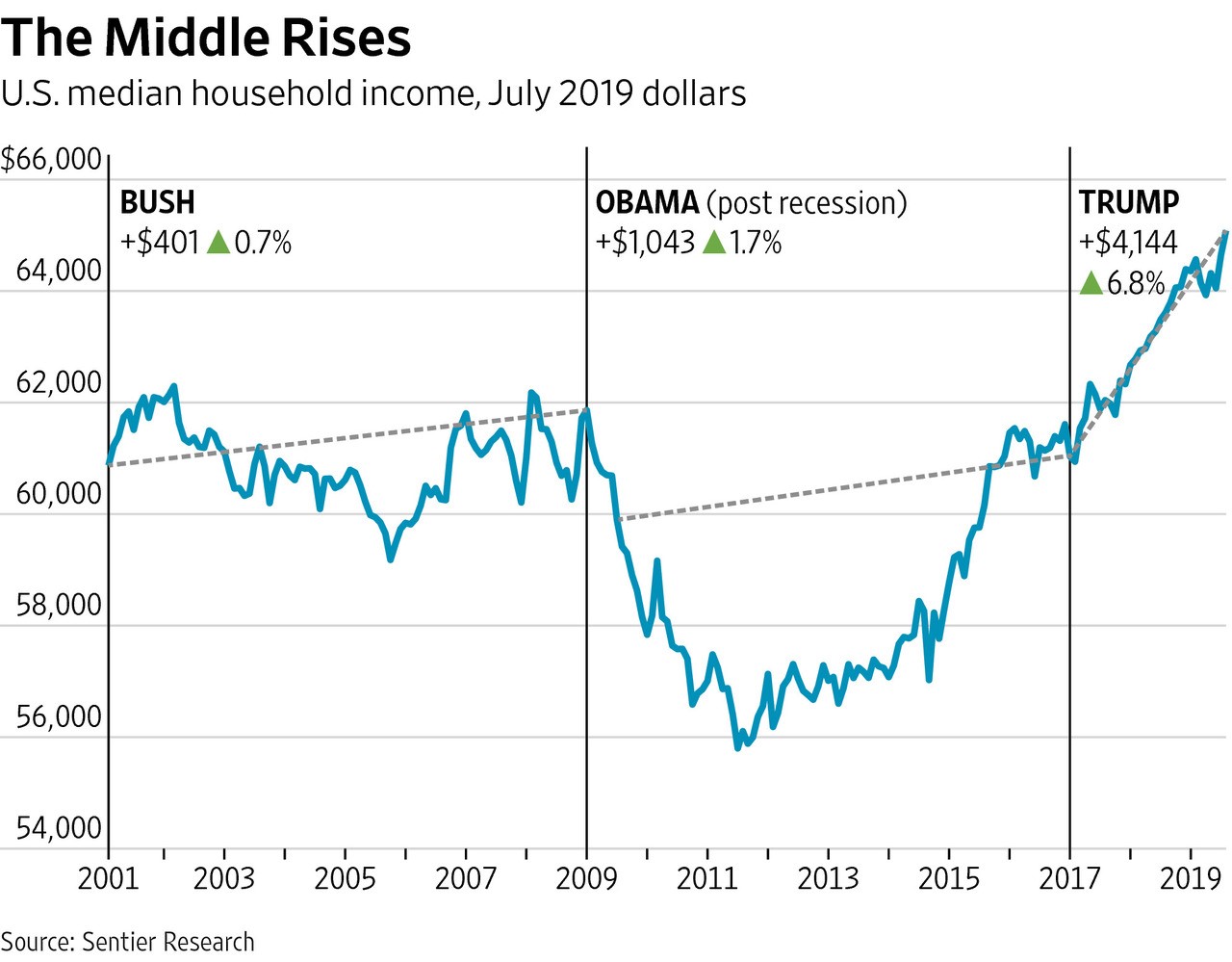Alphabet’s Google subsidiary is developing a new Internet protocol, and competitors are worried that the protocol would mak[e] it harder for others to access consumer data. Some thoughts on that below. Congress is concerned, too, and its “antitrust investigators” are looking into the matter.
The new standard modernizes a fundamental building block of the internet known as the domain name system, or DNS. This software takes a user’s electronic request for a website name such as wsj.com and, much like a telephone book, provides the series of internet protocol address numbers used by computers [to provide user access the website].
Google and another browser maker, Mozilla Corp, want to encrypt DNS. Doing so could help prevent hackers from spoofing or snooping on the websites that users visit, for example. Such a move could complicate government agencies’ efforts to spy on Internet traffic. But it could prevent service providers who don’t support the new standard from observing user behavior in gathering data.
Alphabet, via Google, also runs its own DNS service, Google Public DNS, which lends credence to monopoly abuse concerns. Alphabet also pointed out, in its proposal, that the new standard would
improve users’ security and privacy and that its browser changes will leave consumers in charge of who shares their Internet surfing data.
My thoughts are these:
- There’s nothing wrong with Alphabet developing any new Internet nav protocol, including this one. I’d expect them to be required to license it, though, much like chip makers are required to license their tech.
- There’s nothing wrong with alter[ing] the internet’s competitive landscape as the article put some of the concerns. Product and tech development and innovation always alter the existing competitive landscape. That’s to the good.
- They [cable and wireless providers] fear being shut out from much of user data.… That’s a bit of too bad. They’re not the providers’ data; they belong to the user. It’s exclusively (or should be) the user’s call whether to share his data with any provider or other vendor.
And this:
Mozilla…will move most consumers—but not corporate users who use providers such as Akamai—to the new standard automatically, even if the change involves switching their DNS service providers.
Users better be able to override that switch. Otherwise, this may resume the browser wars between Mozilla/Netscape and Microsoft. To Alphabet’s credit, if they can be believed, its Google subordinate has no plans to ape Mozilla and compel a change in DNS providers.
Given licensing, the only real concern is this:
[T]he new system could harm security by bypassing parental controls and filters that have been developed under the current, unencrypted system.
That’s fairly straightforward to restore, though.

